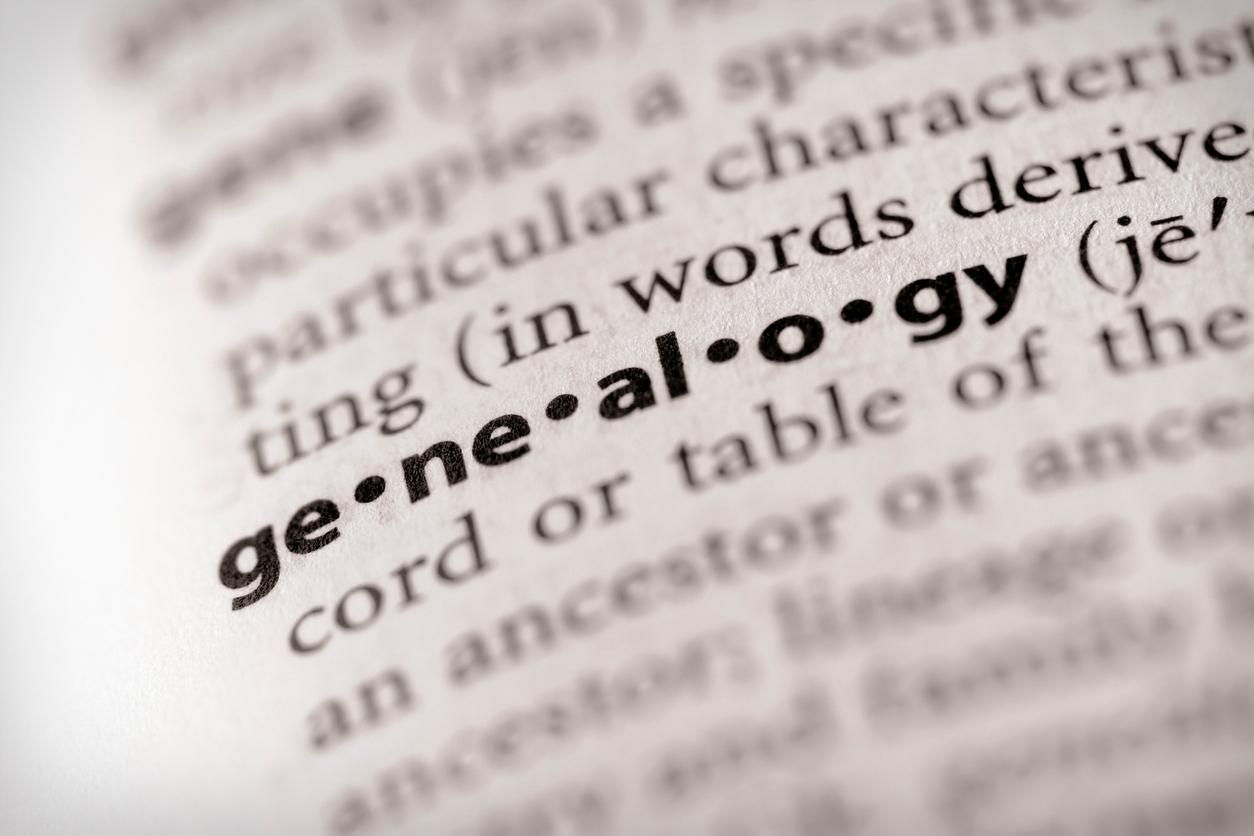Mom Refuses to Pay for Daughter's Wedding After Learning Her Fiance Is Her Fifth Cousin
Updated March 18 2020, 3:32 p.m. ET

"Kissing cousins" is a phrase for a reason, and that reason is that it happens all the time. In this "Am I the A-hole?" post, one mother found out that her daughter is engaged to her fifth cousin, and she's not happy about it. But is she right to suddenly disapprove of this marriage? And is she right to rescind her offer to pay for the wedding because of it?
There are so many questions that have arisen with this story, and we will answer most if not all of them. First, the deets. Mom, the OP, writes that her daughter is all set to marry this guy very soon. But she did some research and discovered that her daughter's fiancé also happens to be her fifth cousin.

She claims that it's because of this that she no longer approves of this marriage and wants her daughter to call it off. Her daughter, however, is perfectly fine with marrying her fifth cousin. I suppose in her mind, she's in love, and fifth cousins are pretty distantly related.
Anyway, mom told her daughter that she would not be paying for the wedding — which she had agreed to do — if she decided to go through with it. They got into a huge fight that ended with her daughter telling her she was going to cut her out of her life.
"I honestly don't know what to do," she writes. "I just don't want my daughter to marry her friggin' cousin." When I first read this, I thought that the mom kind of had a point. She probably could have approached the situation more delicately, but it is wrong to marry your cousin, right? Like, 10th cousins is one thing, but fifth cousins? It's far off, but it's not that far off, right? Turns out it's essentially the same as having the same great-great-great-great grandparent.
Commenters pretty unanimously agreed that fifth cousins are "basically nothing" and that it was wrong of her to sneakily do this research and then take away her offer to pay for the wedding. "Were you looking for a reason not to like her fiancé or something?" one person wrote. "Sounds like it."

Another commenter wrote, "Fifth cousin is nothing. Most isolated populations that would be a pretty common connection. The child has zero risks of birth defects greater than the general population, or anything else, you didn't even know you were distantly related until now.
She wanted to marry a lost first cousin — I'm with you, but here YTA."
"There’s a massive difference between a first cousin and a fifth cousin," someone else wrote. "The genetic risk of marrying even a second cousin is around the same as marrying a stranger — and if she’s marrying her fifth cousin then there’s not likely to be any issues."
And it turns out, this is true! OP wrote that she didn't know what to do. Well, she had no problem researching the relationship between her daughter and her fiancé. She could have also looked into the risks of marrying one's fifth cousin. But she didn't.
A quick Google search led me to a Popular Science article literally titled, "Go ahead, marry your cousin — it's not that bad for your future kids." In it, Eleanor Cummins pretty much echoes what the commenters said. Yes, it's bad to marry your first cousin. That is a close relation, so there is a genuine risk when it comes to the health of future generations.

But according to Cummins, marriages between fifth cousins are fine. And common. She writes, "From 1650 to 1850, a given person was, on average, fourth cousins with their spouse." As transportation improved, it became more likely that you would marry someone more distantly related or not related to you at all.
First cousins share 12.5 percent of their DNA. That's a problem. But third cousins only share a little over three percent, and fifth cousins, even less than that. There are probably more distant-cousin marriages out there than you think.
In fact, studies have suggested that marrying someone who is distantly related to you (a third, fourth, or fifth cousin) is actually optimal genetically. "While first-cousin couples could have inbreeding problems, couples who are far removed from each other could have genetic incompatibilities," Jeanna Bryner writes for LiveScience.
So it's really not that big a deal to marry your fifth cousin, and if this mom bothered to do a teeny bit of research, she would have known that. It really does seem like she was looking for a reason to blow up this wedding and her relationship with her daughter. In that case, mission accomplished.